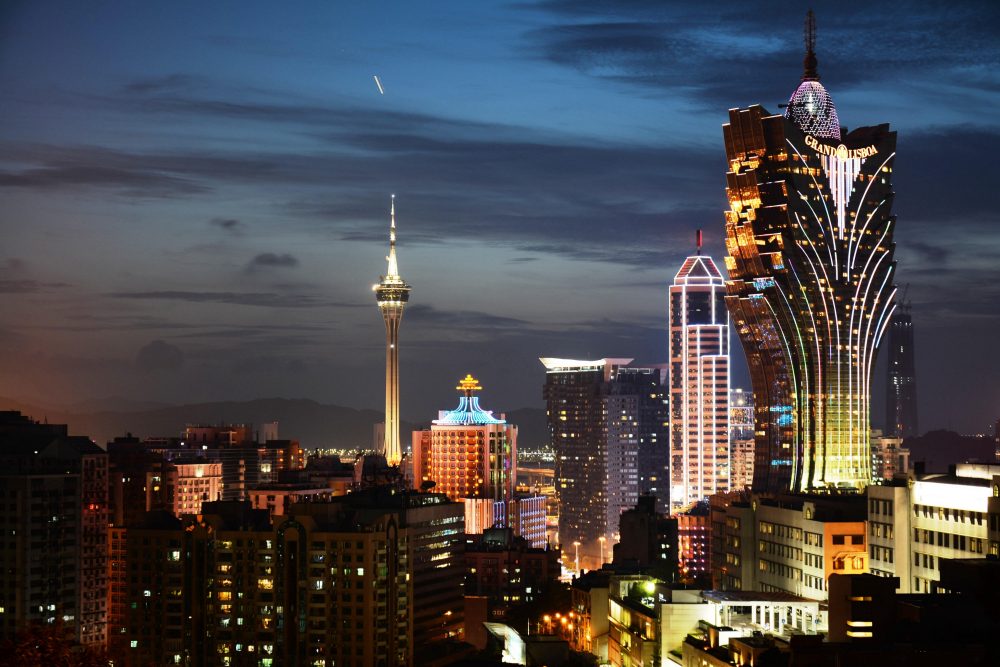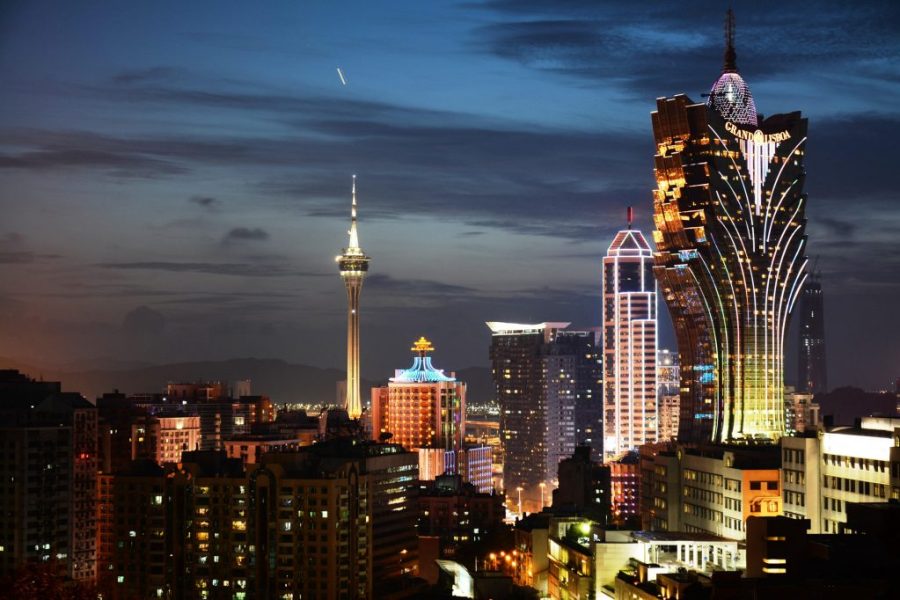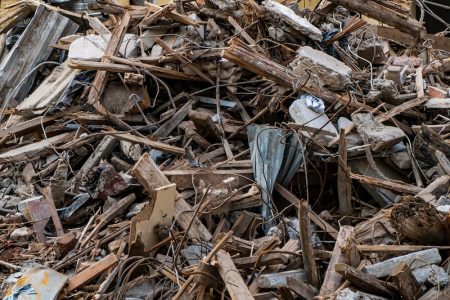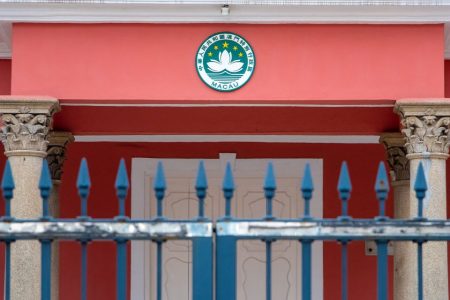A report published by the government on Wednesday concludes that the criminalisation of the operation of illegal inns would not be an effective method of solving the long-standing problem, the Secretariat for Administration and Justice (GSAJ) said in a statement on Wednesday.
The government set up an interdepartmental working group for studying the possible criminalisation of the operation of illegal inns in December last year.
The government said in December last year that in view of Macau’s civil society having recently – at that time – paid close attention to the issue about whether the illegal provision of accommodation should be criminalised, the government had decided to set up the working group in order to comprehensively analyse the opinions raised by different segments of civil society on the issue. The setting-up of the working group aimed to come up with measures that are more effective in combating the operation of illegal inns, the government said at that time.
Law 3/2010 on the Prohibition of Providing Illegal Accommodation came into force in 2010. According to the law, those illegally providing accommodation face a fine of between 200,000 and 800,000 patacas. The law also states that those who solicit clients to stay in an illegal inn face a fine of between 20,000 and 100,000 patacas. This means that the operation of an illegal inn is merely an administrative infraction, not a crime.
Commentators and civic leaders have repeatedly urged the government to criminalise the illegal provision of accommodation by proposing amendments to Law 3/2010. They have said that the current law does not act as an efficient deterrent to those running illegal inns as the offenders only face a fine and cannot be held criminally liable. The legislature would have to vote on any government-proposed amendments to the law.
According to the current law, it is MGTO officials who carry out inspections on whether illegal accommodation is being provided. MGTO officials can request police assistance, especially when they encounter resistance while carrying out their duties.
According to the Macau Post Daily, during a plenary session in the Legislative Assembly (AL) in November last year, Wong said it was not a good idea to criminalise the illegal provision of accommodation by amending the current illegal accommodation law.
However, during a plenary in the legislature in December last year, Tam, whose portfolio oversees the Macau Government Tourism Office, said that he agreed with the view raised in civil society that illegal inns should be criminalised.
Wednesday’s statement said that the study by the interdepartmental working group also included consulting concern groups, referencing opinions raised by lawmakers and collecting views and comments on the matter raised in civil society. The report is available in the Chinese and Portuguese versions on the website of the Secretariat for Administration and Justice.
Wednesday’s statement said that most of the collected opinions believe that the crux of the matter is not about whether to criminalise the operation of illegal inns or not, but instead it would be more important to study the fundamental causes resulting in the operation of illegal inns and then come up with effective solutions to combat such illegal activities.
Wednesday’s statement said that during the study the working group took various factors into consideration such as: 1) the effectiveness of law enforcement work following the possible criminalisation of illegal inns, 2) the “principle of modesty” in Macau’s penal system – meaning that penal intervention is always to be used as the last resort to tackle particular offences, and 3) the complexity and rigorousness of criminal procedures.
Wednesday’s statement noted that in mainland China, Taiwan and Portugal the provision of illegal accommodation is not a crime.






